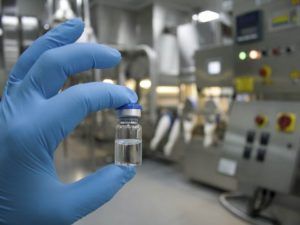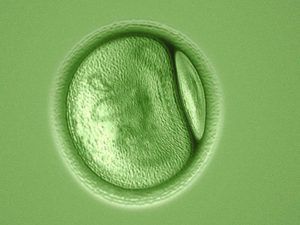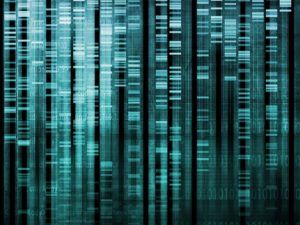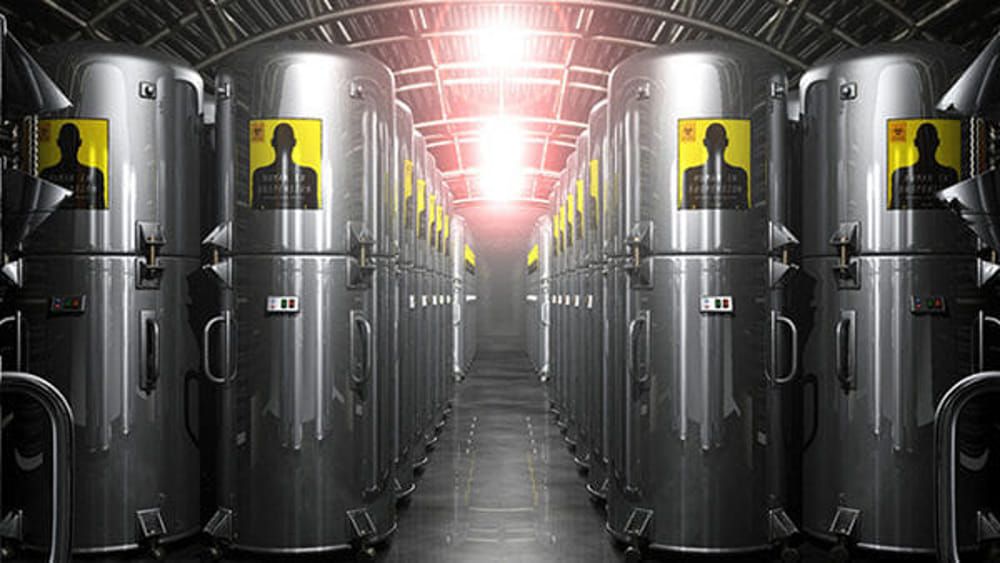http://oddtonewfoundland.podbean.com/e/and-man-shall-live-fo…a-spastor/










Summary: Cryonics has long been a non-starter due to technical limitations. A week-old radical proposal by a Russian cryonics firm to freeze people before death, combined with technological advances in Cryopreservation: Also called cryobanking. The process of cooling and storing cells, tissues, or organs at very low or freezing temperatures to save them for future use. Used in cryonics and the storage of reproductive cells in fertility treatments. [Source – NCI].” class=” glossaryLink “cryopreservation are shaking up the cryonics industry. When will cryonics be ready for prime time? [Author: Brady Hartman. This article first appeared on LongevityFacts.com. Follow us on Reddit | Google+ | Facebook. ]
Google’s most famous technologist, Ray Kurzweil, has signed up for cryonics, saying:
“My primary strategy for living through the 21st century and beyond is not to die”